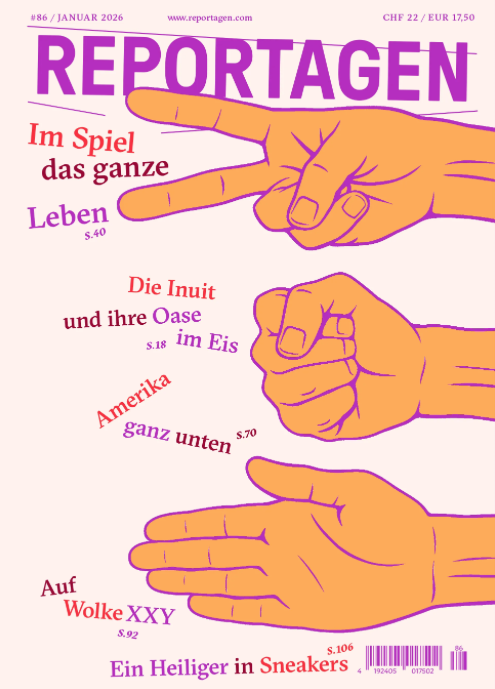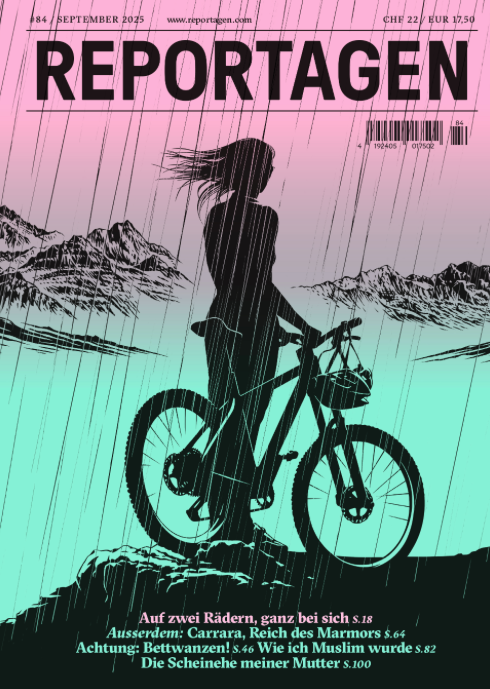MZIN
public service.
visual culture.
print matters.
(2008-2026)
mail[@]mzin.de
instagram facebook
(paypal accepted)
(all prices in euro)
#19194
arts of the working class (d)
art, books/catalogs, theory
#27 - kinship
We can count on one hand the chains that have bound us, one to the other, for centuries: the family, the nation, and the market. The holy trinity of modernity leaves outside of its triptych what is deemed subaltern, primitive, ready to be exploited, left alone, and starved for the well-being of those who rule this triangle of sadness. However, as US-American feminist and artist Martha Rosler depicts in her series House Beautiful: Bringing the War Home, this is merely the fragile security of a shelter based on violence.
This segregational currency, employed to relate the macro and micro scales to both each other and the planet, may be the reason why the feeling of living in a society with bonds nested in brutality is actually based in fact. It is for this reason that this issue is devoted to kinships – on models of world-making, legacies of ancestral relationships with the environment, rituals with long histories that are suppressed by so-called “progress.” These forms of kinship are now threatened by those who try to cluster people into neo-tribes, neo-nationalisms, and neo-dogmatisms. They are replicating the same kind of colonial fear; caught in the impoverishment loop populist governments are currently expanding. The banality of populist, authoritarian agendas based on violence is the repetition of history. Yet even dominant history, with its fracturing tendencies, has been disrupted by movements and communities who don’t stick to nationalities, but stitch their narratives to traditions and resistance. This is what you can see in this issue as proposed, for example, by the Polish- Romani artist Małgorzata Mirga-Tas, or the revolutionary tale of tribal solidarity by Ahmed Isamaldin.
As Felipe Lippe points out in his essay on the anti-institutionalization of communities as decolonial practice, the project of humanity is more complex than its structuration and enduring reduction. But an unconscious and primordial way of becoming together sometimes spurs gestures of complicity – not to neighbors, but strangers; those with whom we share the same struggle, as the voice of Astrée Duval recounts in her contribution the joy of parading together with “arabs” and “fags.” To be affected by each other is still a power, as is practiced in a community and pursued in the works of the Karrabing Collective.
In this spirit, our street newspaper searches for the softness that disrupts borders, and makes a space for imagining territories of kinships. It is a way of being in the making, as suggested by the trans-dividual turn praised by Korina Pavlidou, that is sometimes erratic, but still more extensive than what we can embrace in our nearness. We’ve invited our contributors to float towards a bigger project of complexity. To summon forms of affiliations that are more than biological or nation-inscribed, move into joyful fugitiveness, and model a relational world-making. Kinship may be, as Cristina Ramos recounts with the help of the Asturian dialect, a deeper sisterhood between writing traditions and landscapes. Or maybe, it is learning how to gravitate toward each other without collision, as Halle Frost predicts.
We at AWC would like to ask: where do we stand in the world, and what are our kinships? We reject, assimilate, and encourage the mess that can be a community; a gradient, an ineffective redistribution, a caudal of frictions, and the friendly hug to the elders are small steps towards cutting the only bond that needs to be broken: that of racial capitalism. This issue aims to open relational paths for a political critique of living beyond individualism. Braiding together the fil rougeto escape the minotaur maze, as the artists presented in the exhibition project O Quilombismo at the Berlin cultural institution Haus der Kulturen der Welt. To all those who would rather gather outside of nations, we wish you the words inscribed by Grace Ndiritu in her Grief: A Love Letter (2021): we hope you have found peace.
With Contributions by Louna Sbou, Pablo Rojas, Emergency Medical Technician, Noa Jaari, Michael & fem_arc, Małgorzata Mirga-Tas, Grace Ndiritu, Martha Rosler, Karrabing Collective, Lāina, Chhandak Pradhan & Madhumita Nandi, Lubi Barre, Cristina Ramos, vhs Berlin Mitte, Dalia Maini, Filipe Lippe, María Inés Plaza Lazo, Ahmed Isamaldin, Jeremy Dennis, Leonard Harmon, Sutton King, Larissa Nez, Ido Nahari, Astrée Duval, Korina Pavlidou, Elisa Giuliano, Edona Ibrahimi and Timothée Charon for Community Toolkit Workshop, Sabina Oroshi, Halle Frost, Kuba Szreder, Franz Schultheis,Bino Byansi Byakuleka for We are born Free.
5.00 €
Out of stock
1In stock
related





